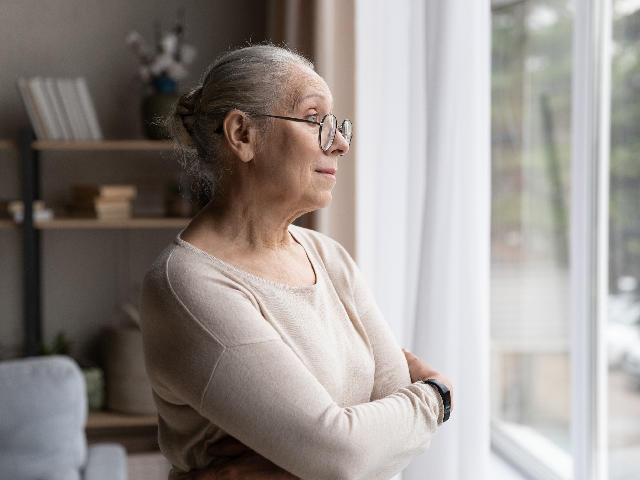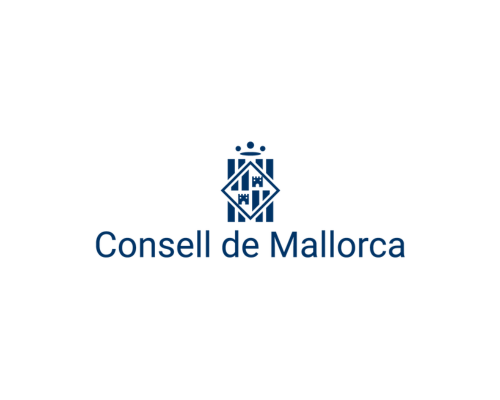HOW TO SURVIVE ADVANCED CANCER
Purpose and meaning in life during advanced cancer
Having an advanced or terminal cancer diagnosis makes people think more about the purpose and meaning of life. These themes are often related to spirituality and the search for peace in life. Likewise, it could lead people to examine what is most important to them and find a sense of connection to a higher power. It may even lead them to explore their values and reflect on their life and legacy.
Seeking peace and comfort in the face of cancer
Many people with advanced cancer delve into the meaning of life. Likewise, people often want the following:
- Understanding your purpose in life and your legacy
- Analyzing life through spirituality
- Examine the experiences they had in life
- Seeking a sense of peace or a bond with others
- Forgiving oneself or others for past actions
- Obtain answers and strength through religion or other belief systems.
Spirituality, ultimately, does not mean the same thing to every person. Each person has different ideas about life after death, miracles and other religious beliefs. It is a very personal thing. And they have their own opinions about the meaning of life. Therefore, some people find meaning in religion or a higher power. Similarly, others find it in teaching or in volunteer work. And finally, others find it in different ways, such as in nature or through meditation.
Having advanced cancer may cause you to reevaluate your beliefs. It may cause anger, self-doubt or other strong emotions. You may be thinking about God or wondering about life after death. For some people, this brings peace and acceptance. For others, this raises many questions. Sometimes people feel that God has punished them or they lose faith. Sometimes, oncethey learn of terminal cancer, beliefs influence treatment decisions or anxiety about death.
Learning that you have advanced cancer may change your values. Material possessions and daily routines may seem less important to you. You may decide to spend more time with loved ones or helping others. Likewise, you may be figuring out what things are mostimportant to you and who you want to be with most in life.
Perhaps you have already given these issues a lot of thought. Still, exploring further what is important to you may be comforting, so do this with someone close to you, a member of yourfaith community, or a mental health specialist or counselor.
Or you may just want to take time to reflect on your experiences and relationships. Also, being in nature or spending time in places that bring you calm and peace may help you reflect. Many people, for example, say that praying, meditating, writing in a journal, or even talking to others helped them to cope with their situation and explore their life.

It is common for people with advanced cancer to reflect on their life and legacy. Source: iStock
Celebrate your life
Reflect on your life. Having advanced cancer often gives patients and family members the opportunity to look back and, therefore, evaluate what they have done in life. They rethink what they consider important. These reflections could include the following:
- Review the different functions or roles they played throughout their lives.
- Think about what a situation or a certain time in your life represented at that time and what it represents now.
- Gathering things with special personal meaning to give to loved ones.
- Share memories or create projects with people close to you.
Make a legacy. So, many of the things mentioned above are part of “making a legacy”. Include whatever you want in your legacy. Choose things that bring you joy and have personal value. These are examples of things people have done:
- Filming or recording special memories
- Organizing family photo albums or creating them online
- Tracing the family tree or writing family history
- Write in a journal about yourfeelings and experiences
- Create something with wood or metal
- Scrapbooking
- Writing letters to loved ones and children
- Reading or writing poetry
- Createworks of art or jewelry
- Giving meaningful gifts to loved ones
- Write or record personal stories that are funny or meaningful.
- Planting flowers or other types of plants with people close to you
- Record your favorite songs
- Create a recipe book of your favorite dishes
Prepare your ethical will. In short, some people with cancer also make what is called an ethical will. It is not a legal document. However, it is something you will be able to write to share with your loved ones. It is worth noting that many ethical testaments contain thoughts about values, memories and hopes. Likewise, they mention lessons learned in life or something special. Also, you can say whatever you want, however you want.














